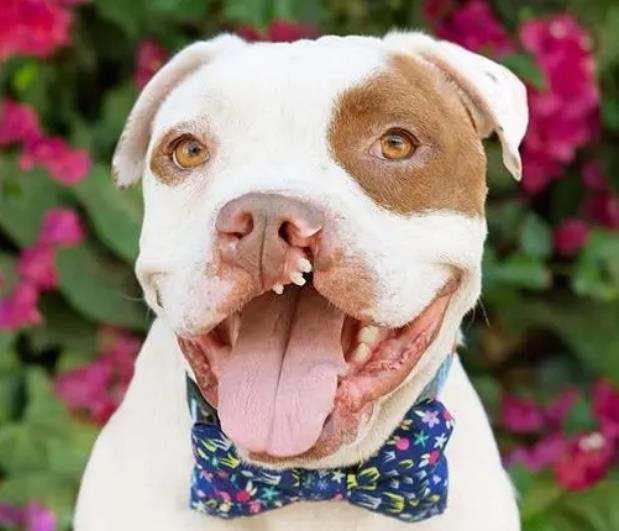
How to Save a Newborn Puppy with a Cleft Palate
Understanding Cleft Sense of taste in Infant Puppies
A cleft sense of taste could be a innate imperfection that happens when the roof of a puppy’s mouth doesn’t appropriately near amid advancement. This may cause troubles in nourishing and breathing, making it a genuine condition that requires immediate consideration. Recognizing and understanding the side effects of a cleft sense of taste is the primary step in guaranteeing your infant puppy gets the care it needs.
Quick Steps for Care
Once a cleft sense of taste is recognized, the primary and most crucial step is to guarantee the puppy is able to nourish. Conventional nursing may not be conceivable, so you might got to utilize a specialized bolstering bottle or syringe. Your veterinarian can suggest the finest strategy and give direction on appropriate nourishing procedures to maintain a strategic distance from yearning pneumonia, which may be a common hazard for puppies with this condition.
Long-Term Solutions and Veterinary Care
Whereas prompt care centers on bolstering and sustenance, long-term arrangements regularly include surgical mediation. Counsel with a veterinary pro who can assess the seriousness of the cleft sense of taste and examine surgical choices. Surgery is ordinarily performed when the puppy may be a bit more seasoned and more grounded, as a rule around three to four months of age. Post-surgery care is significant to ensure successful recovery and in general wellbeing.
Bolster and Observing
In expansion to therapeutic care, giving a supportive environment is fundamental. Screen your puppy closely for signs of trouble or trouble. Standard veterinary check-ups are crucial to track the puppy’s advance and address any complications early on. With appropriate care and consideration, numerous puppies with cleft palates can go on to lead sound, cheerful lives.
American Dingo animal behavior Budget Tips canine behavior Canine Care Canine Health Dehydration dog age dog behavior Dog Breeds dog care Dog Care Tips dog exercise dog flea treatment Dog Food Dog Grooming dog health dog nutrition dog ownership Dog Sleep Tips Dog Training Dog Wound Care Family Pets First Aid Giardia Prevention Healthy Pets Hunting Dogs newborn puppy care Parasites in Dogs Pet Care Pet Care Tips Pet Health Pet Safety pet tips pet training Positive Reinforcement Potty Training prevent flea bites Puppy Care puppy health Puppy Training Rabies in Dogs Training Tips veterinary advice Veterinary Care
-
 How to Tell If Your Dog Has a Broken Bone
5 views
How to Tell If Your Dog Has a Broken Bone
5 views -
 Which is the best way to keep a small dog
4 views
Which is the best way to keep a small dog
4 views -
 Why Do Dogs Eat Rabbit Poop?
3 views
Why Do Dogs Eat Rabbit Poop?
3 views -
 How to Clean a Dog’s Wound: A Step-by-Step Guide
3 views
How to Clean a Dog’s Wound: A Step-by-Step Guide
3 views -
 How to Identify a Goldador
2 views
How to Identify a Goldador
2 views -
 10 Effective Tips on How to Massage a Dog to Poop
2 views
10 Effective Tips on How to Massage a Dog to Poop
2 views -
 How to Deal with Abscesses on Newly Born Puppies
2 views
How to Deal with Abscesses on Newly Born Puppies
2 views -
 5 Reasons Why Dachshunds Burrow Under Blankets
2 views
5 Reasons Why Dachshunds Burrow Under Blankets
2 views -
 How to Measure Your Dog’s Height Correctly
2 views
How to Measure Your Dog’s Height Correctly
2 views -
 How to Train Your Dog on a Budget: Effective and Affordable Tips
2 views
How to Train Your Dog on a Budget: Effective and Affordable Tips
2 views










Leave a Reply
You must be logged in to post a comment.